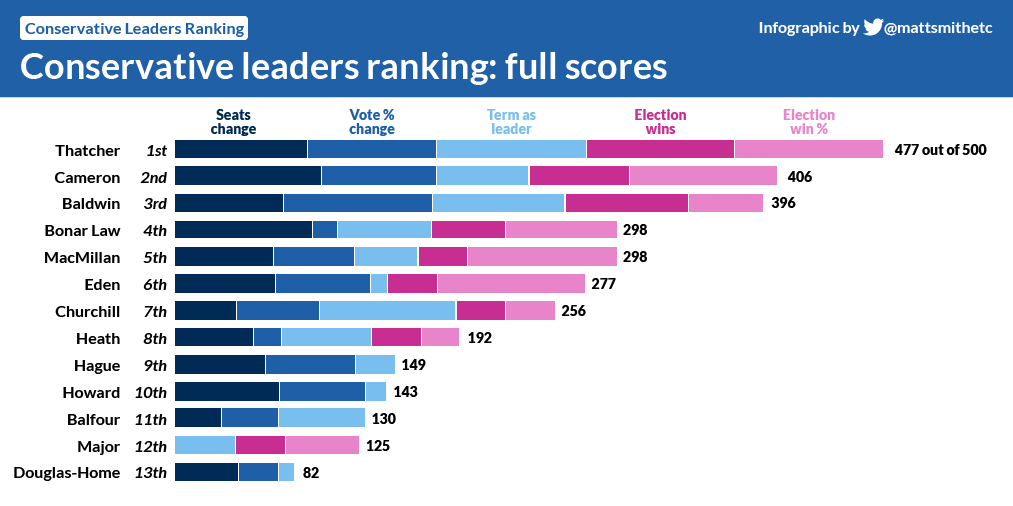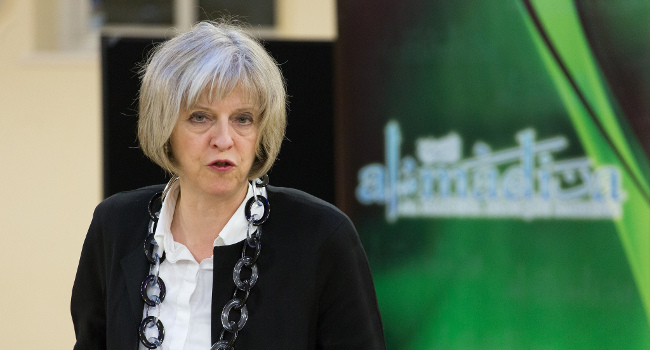It is worth remembering that the explosion of the Internet was in part prompted by a donation from one Tim Berners-Lee, a scientist who decided that the World Wide Web would be gifted to humanity – a decision that cost him uncounted billions in profits he might have made by selling it.
I mention this a year after a furore broke out over Facebook’s decision to demand that users register with their “authentic identity” on the social network, by which the company meant your legal name.
This was and continues to be a problem for those wanting to use the social network under an assumed name, a group that includes victims of violence, political campaigners and transgender people. Apparently it also affects certain ethnic groups whose naming conventions don’t match up with the standards Facebook has set.
As such a so-called Nameless Coalition is campaigning to convince the social network to reverse its policy. Writing in an open letter online, the group said:
“Facebook maintains a system that disregards the circumstances of users in non-western countries, exposes its users to danger, disrespects the identities of its users, and curtails free speech.”
For its part the social network claims that the measure is necessary for security reasons. In a statement to the press an aptly nameless spokesperson for the company said:
“While we know not everyone likes this approach, our policy against fake names helps make Facebook a safer place by enabling us to detect accounts created for malicious purposes. It makes it harder, for example, for terrorist organizations to hide behind fake profiles, school bullies to anonymously smear the reputations of others, or anyone else to use an anonymous name to harass, scam or engage in criminal behaviour.”
Of course Facebook, Twitter and their ilk are under considerable pressure from governments as a potent comms channel for miscreants. Over the last year security forces in Britain and the United States have been open in criticising Silicon Valley for its adoption of encryption, the boffins being more concerned about user’s privacy than spooks’ ability to pry.
Whether drag queens are a genuine security risk is a matter readers will be able to consider for themselves. But Facebook’s dominance on social media (its users number 1.5bn) is now exposing them to a regulatory quandary – when does a privately developed technology become so essential to life that it falls into the public realm?
That sense that Facebook is a public good was recently captured by Lil Miss Hot Mess, a drag queen from San Francisco, who wrote on the Huffington Post:
“Yesterday I received an email from a mother who is a survivor of domestic violence and prefers to use a pseudonym to safely avoid her ex; she told me she uses Facebook primarily as a means of connecting with other parents whose children have disabilities and have endured abuse. After trying to explain her situation to Facebook’s bot-like customer-service team, she – like thousands of others – is now cut off from very vital support systems.”
As Lil Miss Hot Mess goes on to say, Facebook is a corporation, and ultimately concerned about the bottom line. It’s inaccurate to say that the social network is “monopolistic” – indeed, its competitors are the likes of Twitter and Google – but demands that social networks have a public responsibility will only rise as people increasingly use them.
Silicon Valley is not without a sense of public duty. But it is also full of ambitious people wanting to make big bucks and maintain control of their babies. Reconciling these impulses will be a key political battle of this century. And for my part, I’m hoping more people will fall in line with Berners-Lee.
Image Credit – The Demise of Facebook, March 2013 by mkhmarketing






